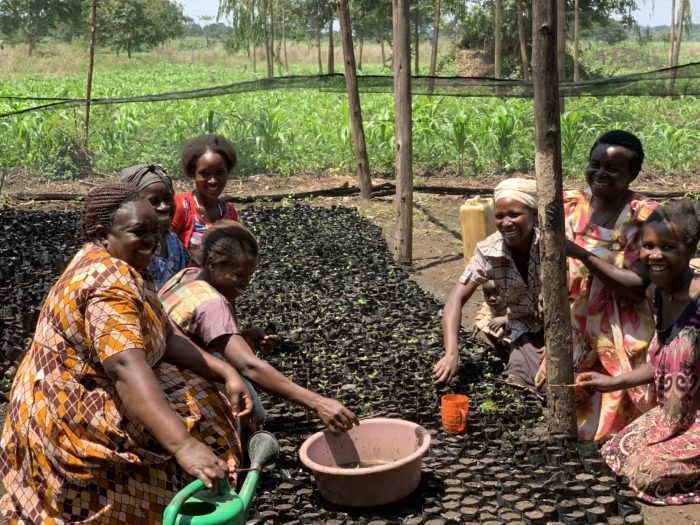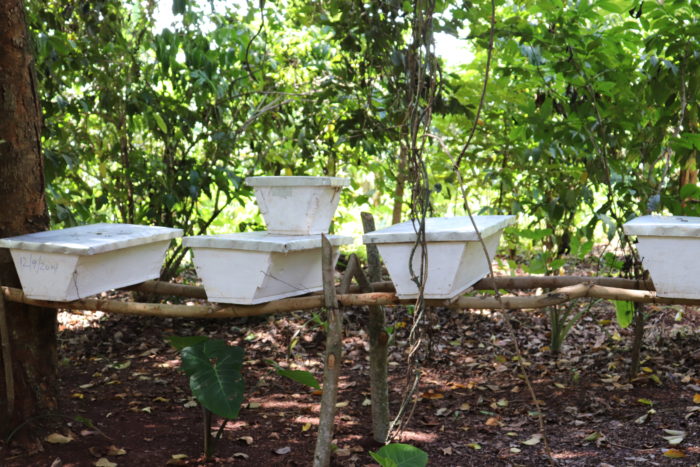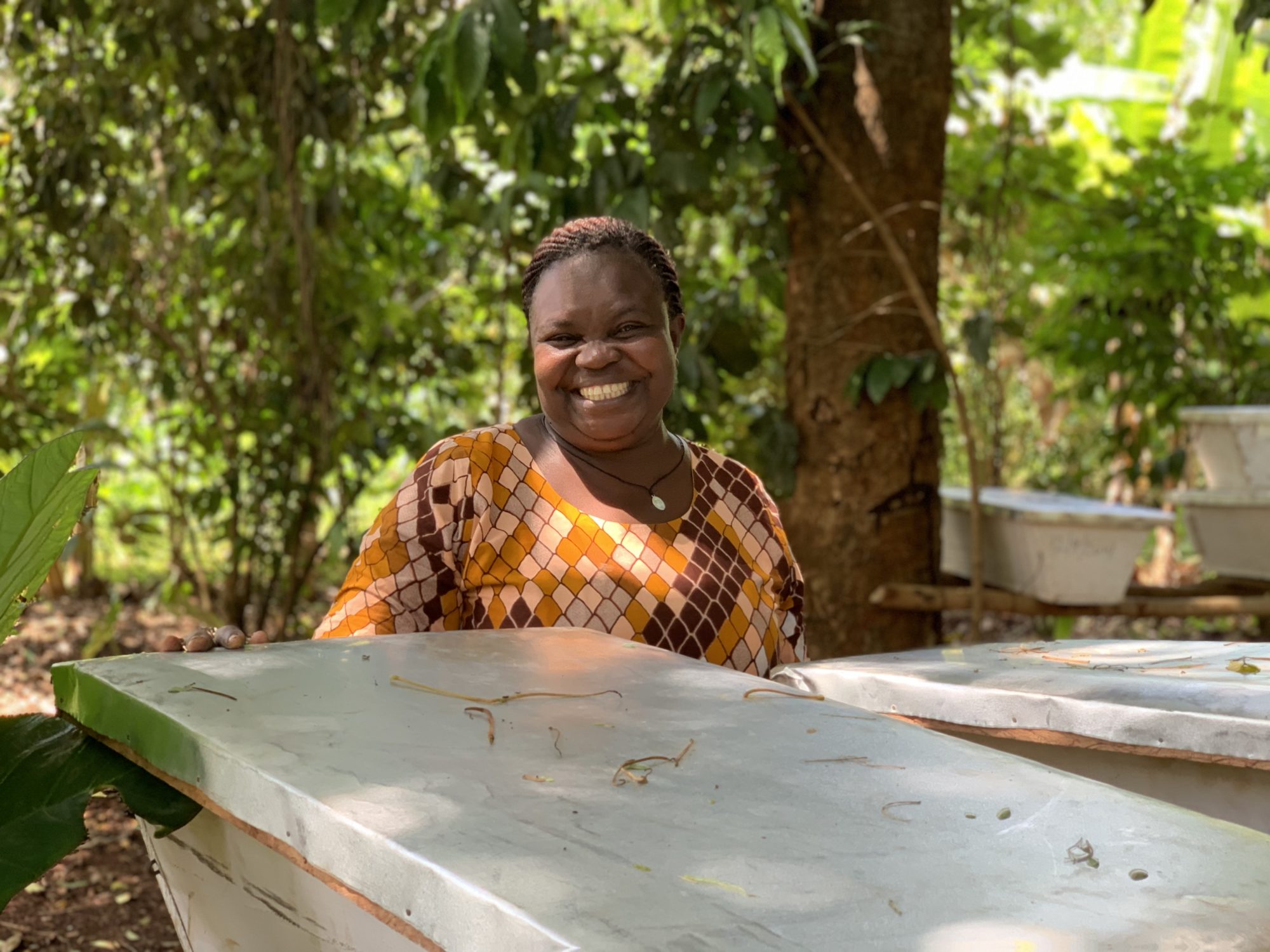Promoting gender equality in Sustainable Land Management
Gender norms, roles and relations are a powerful determinant of the health, social and economic well being of individuals and communities around the world. In Uganda, as in most parts of the world, women and girls are more dependent on natural resources given the time they spend gathering firewood, water, food, medicine etc. as they attend to household responsibilities. Their dependence on natural resources renders them vulnerable to the adverse effects of climate change which could result to, water scarcity, drought, floods among others. Despite these adverse impacts, there are many examples of women being powerful catalysts of change.
We take a journey to Bugiri district in Eastern Uganda. As you drive through you will notice the extensive bare land, its hard to believe that this area was once full of trees. Juliet Mirembe, 49-year-old and a mother of 6 children, tells us as she takes us to her 2 acres farm in Mutere village.
We have become our own enemy we have cut down , many trees for firewood, timber, charcoal and farm expansion and this has also reduced our farms’ productivity and exposed us to the impacts of climate change. sometimes it rains, sometimes it is too hot and mostly it’s unpredictable for us to farm. She further adds that they used to get fruits, crafts, herbs and firewood from forests, but they no longer get them. When I heard of the WESLAM project I was excited to join and learn how I can change this. Now I plant trees because trees are life and largely because they support my work as a woman especially with firewood, shade, fresh air, water and, medicinal value.
“Our biggest challenge here as women is financial stability, there is only so much we can do without money, but now I am about to change this, I want to be a rich woman”, her smile beams up as she continues to explain “WESLAM introduced us to Village Savings and Loans groups that help women to start small enterprises and introduce new farming activities like bee-keeping and mushroom farming.

In spite of these unique experiences and valuable perspectives, gender issues are often missing in sustainable land management policies and women are often left out from the decision-making processes. More so, women and girls have indigenous knowledge which has been gathered over time due to their interaction with nature. Vi Agroforestry recognizes the contribution of women in Sustainable Land Management and conservation efforts and seeks to involve women in the decision-making on the protection, use, and management of these resources. To address these issues the WESLAM project has trained Juliet Mirembe and others in Bugiri since 2018 on food security, gender equality and women empowerment. Juliet shares that she learned how to work together as a group and family with both men and women.
“Before we had a problem because according to our tradition the society here dictates that the woman is the one to work”. After the training I gather the courage to speak to my husband about my dreams and the beekeeping, surprisingly he did not shut me down, on the contrary, he was open to hear me out. He encouraged me to keep the bees and even supported me to start and set up. I currently have 10 beehives and am hopeful they will do well and I will be able to sell the honey, make some money and contribute in providing for the family”. Now we work together, he helps, supports and values our opinion, and this makes me feel proud!

